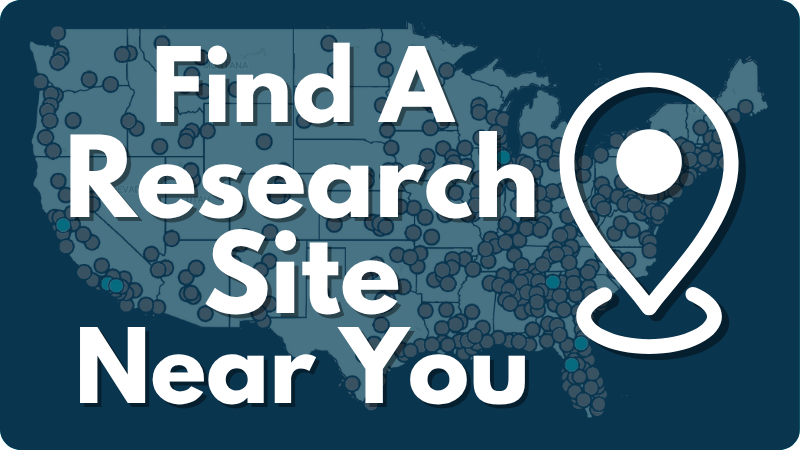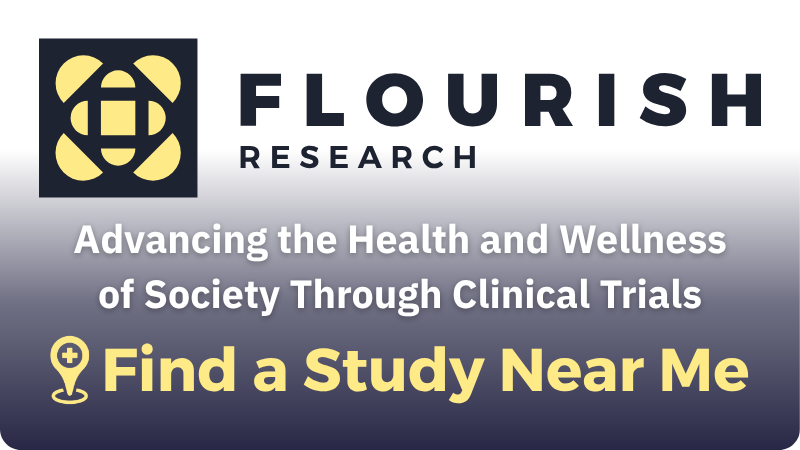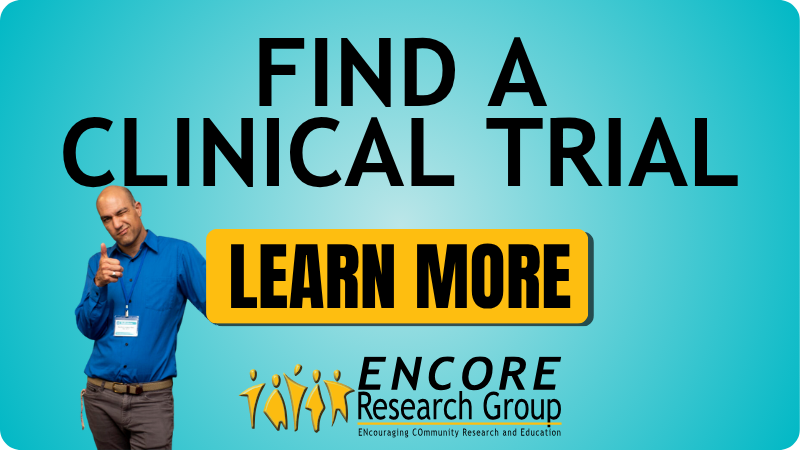Columbus Controversy

Audio
Dr. Koren joins Kevin Geddings to discuss the controversy surrounding Christopher Columbus and how perceptions have changed over time. The doctor explains that some view Columbus as a hero while others recognize him as a flawed figure whose actions had severe consequences for indigenous populations in the Americas.
Transcripts
Transcript Generated by AI.
Announcer: 0:00
Welcome to the MedEvidence! Monday minute radio showed by Kevin Geddings of WSOS St. Augustine Radio and powered by ENCORE Research Group. Each Monday morning Dr. Michael Koren calls in to bring you the latest Medical updates with insighful discussion. MedEvidence! is where we help you naviate the real truth behind medical research. With both a clinical and research perspective. So step back, relax, and get ready to learn about the truth behind the data in medicine and healthcare. This is MedEvidence!
Kevin Geddings: 0:30
Dr. Koren is here with us, and of course, he joins us on Monday morning right around this time. And he, of course, sets up the show at ENCORE Research Group. He's a medical doctor, cardiologist, research scientist, and happy Columbus Day, Dr. Koren.
Dr. Michael Koren: 0:47
Well, Kevin, is it really Columbus Day? I'm not sure what day it is.
Kevin Geddings: 0:51
It's also Happy Indigenous People's Day. And also, you know how we have that list in the Almanac. We need to get the newspaper of what else it is. Today is also National Herpes Awareness Day as well.
Dr. Michael Koren: 1:03
Oh my goodness. And it's St. John's County Teachers Planning Day.
Kevin Geddings: 1:08
Yes, it's that too. And also ironically, your United States Congress also passed a proclamation making it uh today is English Language Awareness Day, which is pretty funny on Columbus Day since he probably didn't speak any English, but okay.
Dr. Michael Koren: 1:23
Yeah, so it's it's interesting. Obviously going back to 1975, this was definitely Columbus Day.
Kevin Geddings: 1:29
Yes. Absolutely, no doubt about it, with big parades in New York and the Italian American community, which they'll probably have today, but even bigger back then.
Dr. Michael Koren: 1:37
Yeah, which which is kind of ironic since Columbus was from Genoa, which was not part of Italy at the time.
Kevin Geddings: 1:44
But they claim him anyway. Yeah, and then it didn't he he sailed here for the Portuguese, right?
Dr. Michael Koren: 1:50
Uh the Spanish, right?
Kevin Geddings: 1:51
Oh, the Spanish. He was Portuguese. That's right. Okay, gotcha.
Dr. Michael Koren: 1:54
Well, he was he was from Genoa. So remember they had all these little city states back then. Yeah. So he was from Genoa, which had a tradition of of producing seafarers. Right. And uh but he he's such a controversial figure now. You know, there have been statues of him that have been defaced or thrown into the ocean.
Kevin Geddings: 2:14
Yeah.
Dr. Michael Koren: 2:14
And um Yeah, there's two sides to the story. Um I studied a little bit and um the first of all, the guy was incredibly bold. He he asked for funding from Queen Isabella, as you recall. He was given three ships, by the way, that were not state of the art at the time. Um the Chinese at the same period of history were building much bigger and grandiose ships and making uh very long voyages with them. And but they you and he had the Nina the Pinta and Santa Maria. He he took that intrepid trek across the ocean to try to get to you know the quote far east, the trade routes that Marco Polo had described. And Columbus was an expert in dead reckoning navigation. So imagine crossing an ocean with these primitive navigation tools, and really you know, Columbus and his crew just had their wits about them and the ability to kind of know what direction they were going in at what speed they're going in, and then map a course based on that. So they had incredible skills as seafarers and you have to be had just because of that, they got across the ocean and back uh four times is like quite remarkable. But then there's all this controversy about how they treated the natives and the indigenous people, which is also you know somewhat controversial, or when you guys should get to the historical details, you can make uh there's two sides to the article, let's just say let's just say it like that. So Columbus was a cruel, cruel guy, Kevin. In fact, what people probably don't know is that when he returned from his third voyage from the Caribbean, um, he was actually imprisoned and jailed by Spanish authorities for over a month. And this is because of the cruelty that he showed to his own crew members. And certainly uh native uh uh peoples were were exploited and treated cruelly when when the when the Spaniards in Columbus came there. On the other hand, the native populations were in marked decline during the centuries before Europeans ever showed up in the Americas. And this is something that is not well communicated. It it's something that we were kind of learning about as we study the the archaeology of these places to a greater degree. But probably the peak of these civilizations that were American civil American civilizations, such as the Incas and and the Peruvian civilizations, um and the Mayans, was probably between the years of 800 and thousand. And then because of climate change and wars, they were fighting each other and because they weren't keeping up with technology, for example, they never really used the wheel, they found themselves in decline. So the populations at the time that Columbus came over was were way lower than they were five hundred years older. So, you know, how much the Europeans contributed to that uh after the fact is is something that we talk about. But if the fact is that these populations were in decline and the uh Native Americans did not have the technology to do the opposite, which is cross the ocean and come to Europe. So um I find these things interesting and not to take sides, but there's two sides to every story. So on the other hand, Columbus is a hero based on his skills, but was also a son of a bitch, quite frankly. Yeah.
Kevin Geddings: 5:28
Well, and it's and it points to something you're very involved with, Med Evidence!, a great website that features the truth behind all this healthcare data that you know we we come across all the time on social media and in the regular traditional media as well, right, Dr. Koren?
Dr. Michael Koren: 5:46
Yeah, so again, we try not to take sides because the truth is uh often based on your perspective and can be interpreted in different ways depending on circumstances. So what we like to do is present you know both sides of an argument or multiple sides of an argument, sometimes it's more than two sides, and to get the most knowledgeable people to have a discussion, lay it out, tell you what we know for sure about something, tell you what we don't know, and then of course how we learn about the stuff that we don't know, which is often through clinical trials, which all of us can participate in, and is uh is a neat way to help move science forward and to derive benefits for yourself and your family. So that's what MedEvidence! is all about, really the Truth Behind the Data. Most of the issues that we deal with, whether it's um what holiday is today, or should I take this vaccine, or should I get my lipoprotein(a) checked, or what things do I need to do to reduce my cardiovascular risk. There's multiple elements to these decisions. And the best thing you do is become knowledgeable, uh, talk to people who know this area, and then make good decisions for yourself and your family based on the information presented.
Kevin Geddings: 6:56
What I love about the MedEvidence! platform, by the way, you can access it easily at medevidence.com, is uh the information is presented in a way that laymen like myself can easily understand. It's also presented in a variety of formats so that you can absorb it, you know, regardless of whether you're driving or whether you're able to sit in front of a tablet or in front of your laptop or whatever and absorb it all. And it's just, you know, information you can trust, which is something you cannot say about what you're gathering up from TikTok or Instagram or Facebook or etc. Uh right, Dr. Koren?
Dr. Michael Koren: 7:26
Absolutely. Yeah, all those platforms just are trying to either sell you something or just promote one view of the world. They're not trying to give you a sense for a multi-dimensional view so that you can understand the data and then make your decision. So, yeah, they're fundamentally different. So thanks for pointing that out.
Kevin Geddings: 7:44
Right. Well, I just had a listener uh call in on another line to also remind us that it is also, Dr. Koren, Canadian Thanksgiving Day.
Dr. Michael Koren: 7:53
Ah, okay. I should have known that my college roommate was Canadian, is Canadian. And um I always thought it was like the first week of November, so I guess they move it around.
Kevin Geddings: 8:05
I guess they move it around. But yeah, I I got that uh that's a notice I saw on the list of all the days that it is today. In addition to the listening. Yeah, there you go. Well, Dr. Koren, thank you very much for your time, and we will speak with you again next week.
Dr. Michael Koren: 8:19
Sounds great, Kevin. Have a great day.
Announcer: 8:21
Thanks for joining the MedEvidence Podcast. To learn more, head over to Medevidence.com or subscribe to our podcast on your favorite podcast platform




